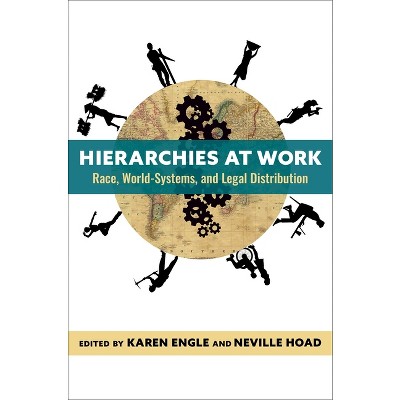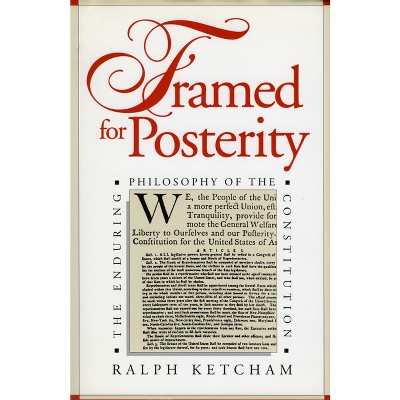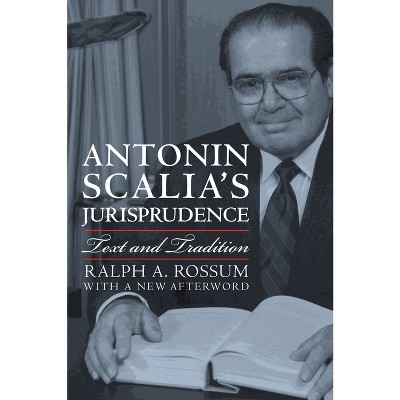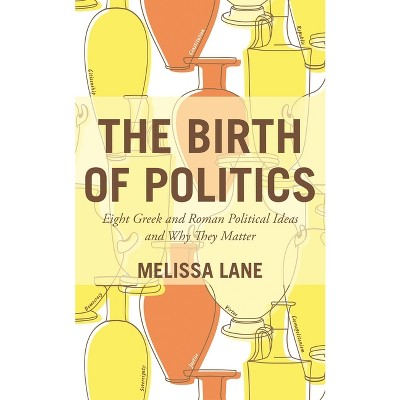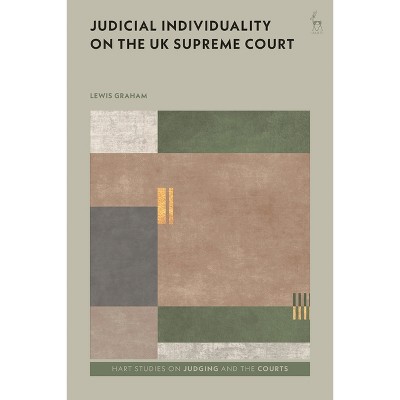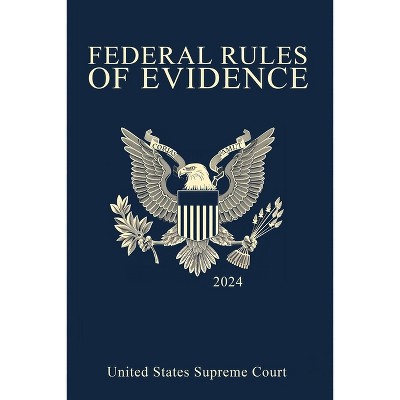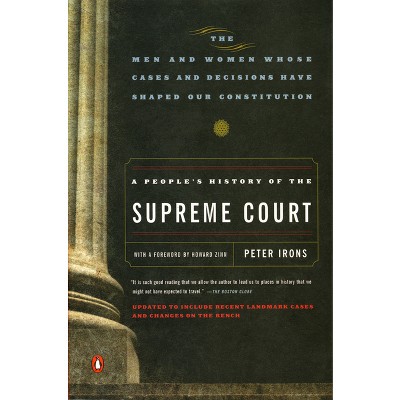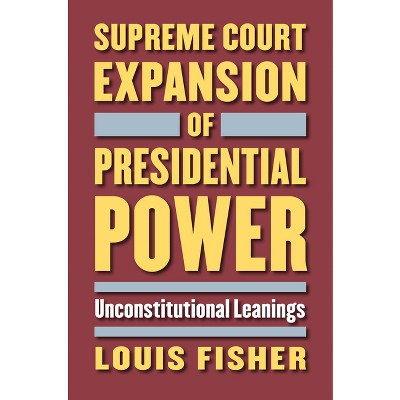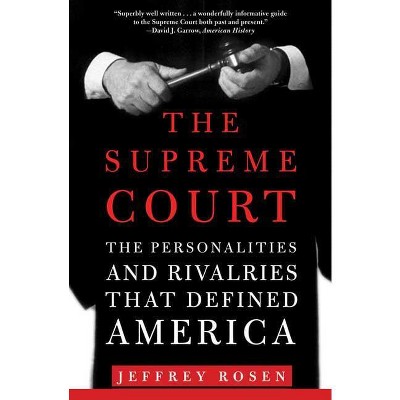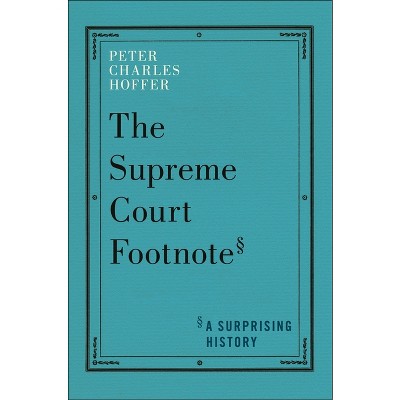Sponsored

The Supreme Court and the Philosopher - by Eric T Kasper & Troy A Kozma (Hardcover)
In Stock
Sponsored
About this item
Highlights
- The Supreme Court and the Philosopher illustrates how the modern US Supreme Court has increasingly adopted a view of the constitutional right to the freedom of expression that is classically liberal in nature, reflecting John Stuart Mill's reasoning in On Liberty.
- About the Author: Eric T. Kasper is Professor of Political Science at the University of Wisconsin-Eau Claire, where he serves as Director of the Menard Center for Constitutional Studies.
- 288 Pages
- Political Science, Public Policy
Description
About the Book
"English philosopher John Stuart Mill's understanding of the freedom of speech has been increasingly adopted over the last century into the US Supreme Court's interpretation of the First Amendment, beginning with Justice Oliver Wendell Holmes Jr.'s use of an analogy that is now known as the 'marketplace of ideas'"--Book Synopsis
The Supreme Court and the Philosopher illustrates how the modern US Supreme Court has increasingly adopted a view of the constitutional right to the freedom of expression that is classically liberal in nature, reflecting John Stuart Mill's reasoning in On Liberty. A landmark treatise outlining the merits of limiting governmental and social power over the individual, On Liberty advocates for a maximum protection of human freedom.
Proceeding case by case and covering a wide array of issues, such as campaign finance, offensive speech, symbolic speech, commercial speech, online expression, and false statements, Eric T. Kasper and Troy A. Kozma show how the Supreme Court justices have struck down numerous laws for infringing on the freedom of expression.
Kasper and Kozma demonstrate how the adoption of Mill's version of free speech began with Justice Oliver Wendell Holmes Jr. more than a century ago and expanded over time to become the prevailing position of the Court today. The authors argue that this embrace of Mill's rationale has led to an unmistakable reorientation in the Court's understanding of free expression jurisprudence.
The Supreme Court and the Philosopher is the first book to comprehensively explore how the political philosophy of Mill has influenced the highest court in the land. In targeting the underlying philosophical reasons that explain why the modern Supreme Court renders its First Amendment decisions, this book is particularly timely, as the issues of censorship and freedom of expression are debated in the public square today.
Review Quotes
This is one of the most thorough treatments of free speech one can encounter... The Supreme Court and the Philosopher not only belongs in one's First Amendment library, it can be used in both undergraduate and graduate-level courses on free speech and civil liberties.
-- "Law and Politics Book Review"While other scholars have covered this subject, this book is a valuable contribution to the literature, both because the authors treat the entire breadth of the court's free speech opinions (rather than cherry-pick cases to advance their point) and because their analysis stretches to the current Roberts Court. Highly recommended.
-- "Choice"About the Author
Eric T. Kasper is Professor of Political Science at the University of Wisconsin-Eau Claire, where he serves as Director of the Menard Center for Constitutional Studies. He has authored several books on the US Constitution.
Troy A. Kozma is Professor of Philosophy and Academic Chair at the University of Wisconsin-Eau Claire - Barron County. He is the coauthor, with Eric T. Kasper, of Machiavelli Goes to the Movies.
Shipping details
Return details
Trending Non-Fiction






